How to make it in music
The Internet age has well and truly changed the way the music industry operates. People are now getting signed after becoming viral sensations and posting to platforms like YouTube
and TikTok.
With more avenues than ever for artists to break into the industry, I asked a few at different points of their careers about what it really takes to make it.
Mimi (30) has been DJing for around 6 years, having toured with Australia’s FOMO & Splendor in the Grass festivals and has supported the likes of MuraMasa, Peking Duck and RL Grime. She also writes and sings her own original music.
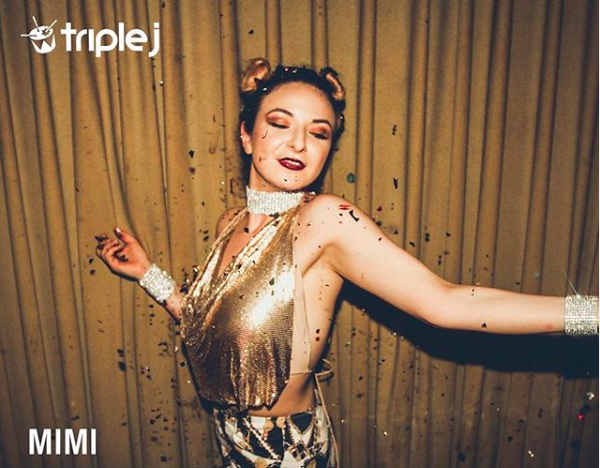 Mimi Source: Instagram
Mimi Source: Instagram
“I didn’t really think of DJing as a job or something I could do until I saw Alison Wonderland play. The way she moved the crowd was like magic. It just clicked into place for me and I told myself I’m going to learn how the DJ decks work and really learn it as an instrument.”
As she started making her own waves, she found the quickest lesson to learn was taking rejection on the chin.
“You want to put your foot in the door and try what you can do, and the worst answer you’re going to hear is ‘no’, and that’s okay. Rejection is the most brutal part and if you can accept rejection then you’ve got no problem and if you want to achieve something you can do it, because it’s really not a big deal to hear no, because later on you can get a yes from that person. Might not have been the right timing or the right vibe they were looking for but it does happen.”
Beluga (22) and Benny (21) are half of Melbourne’s hip-hop group 3K, and have been recently been featured on Triple J’s and Apple Music’s ‘New Artist of the Week’ and played at Australia’s BIGSOUND music festival in earlier this month.
Benny said, “All four of us love listening to music, so to be able to make music and give people that feeling we get when we listen to other people’s music is where the love for it comes from.”
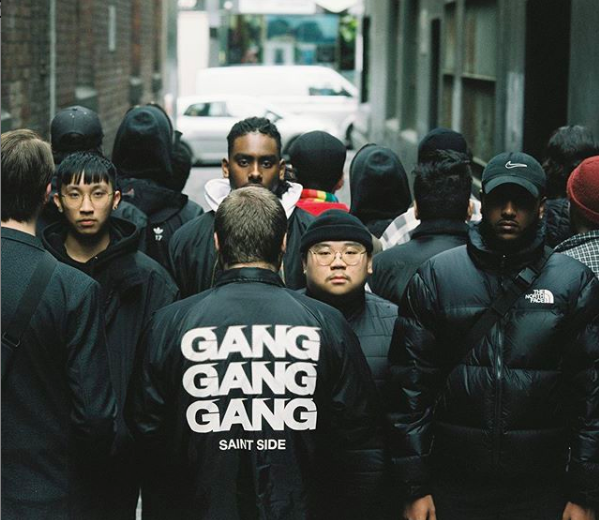 3K, From L to R: Benny Lago, Eissa, Beluga, Moey Source: Instagram
3K, From L to R: Benny Lago, Eissa, Beluga, Moey Source: Instagram
“Before we started making music, we all connected because of music,” Beluga chimed after him.
Being new artists in the scene, they found they needed to listen to the constructive criticism and make sure they were working on themselves in the process.
“You gotta do your thing and be open to criticism. There’s people who make music who aren’t that good, and don’t listen to criticism, so they continue making bad music because they’re not open to listening,” Benny said.
“If you’re an artist you have to work on your craft and your art, but also make sure you work on yourself too as a person. We get stuck in the mindset of a constant ‘we need to create’, and we neglect all our problems. I sometimes forget to work on myself and my mental health,” said Beluga.
“That’s literally what ‘getting lost in the sauce means’,” says Benny.
Ciscero (29) is a hip-hop vocalist based in the US and has been recording original music featuring alongside GoldLink, Jay Prince and jumping on tracks produced by Kaytranada
who will soon be touring with FOMO
in 2020. He fell in love with rap after hearing They Reminisce Over You by Pete Rock and CL Smooth.
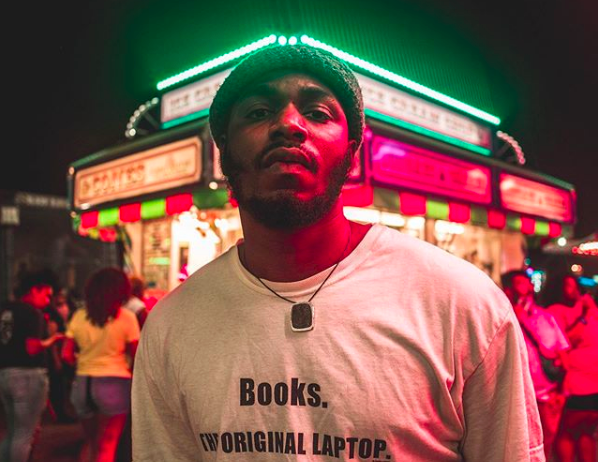 Ciscero Source: Instagram
Ciscero Source: Instagram
One of the most important things to him is making sure you’re happy and content to make the right choices when making moves.
“Success is happiness, it isn’t measured by anything tangible like money. If you’re not happy and content you won’t be successful because it might lead you to do things in your career that make you unsuccessful. You’re choosing things to make you happy and that’s not where it comes from. Like you might like to skateboard, but you might be rapping about lean and killing people because you want to make a number one hit but now your whole career is based around negativity and now you’re unhappy, but you got your number one hit though…”
Tee-WaTT (24) started off beating on the desk in middle school before he started producing music in his late teens. He’s produced Amine’s REEL IT IN which reached Platinum status earlier this year.
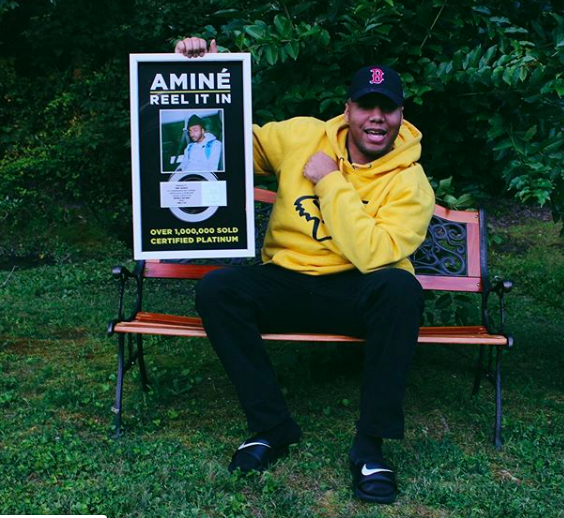 Tee-WaTT Source: Instagram
Tee-WaTT Source: Instagram
He directs how his beats are used, ensuring that it keeps true to his intention of making good music and keeping to his integrity.
“I have a responsibility to my integrity. A lot of music we listen to, it’s cool, it’s fun, but when you really listen to it, it’s not really talking about anything.”
“If the beat is catchy, we can have Cardi B say anything and it’ll go crazy and we can pick up our publishing cheques in six months. To me, integrity would be like ‘Hey Amine, I know your producers don’t ask this, but could you take your time with this one, yo Stizz I know on your verse you’re talking about women and if you could not use the b-name, and it starts on all those little moments. Integrity is the life goal. It’s tough though.”
Rob Amoruso (34) has been touring with bands since he was 14, until joining his current band Jakübi in 2012. After a massive North American tour with the group, he settled back home starting his own artist development company and is playing alongside Sting and Carly Rae Jepsen at Korea’s Slow Life Slow Live festival next month.
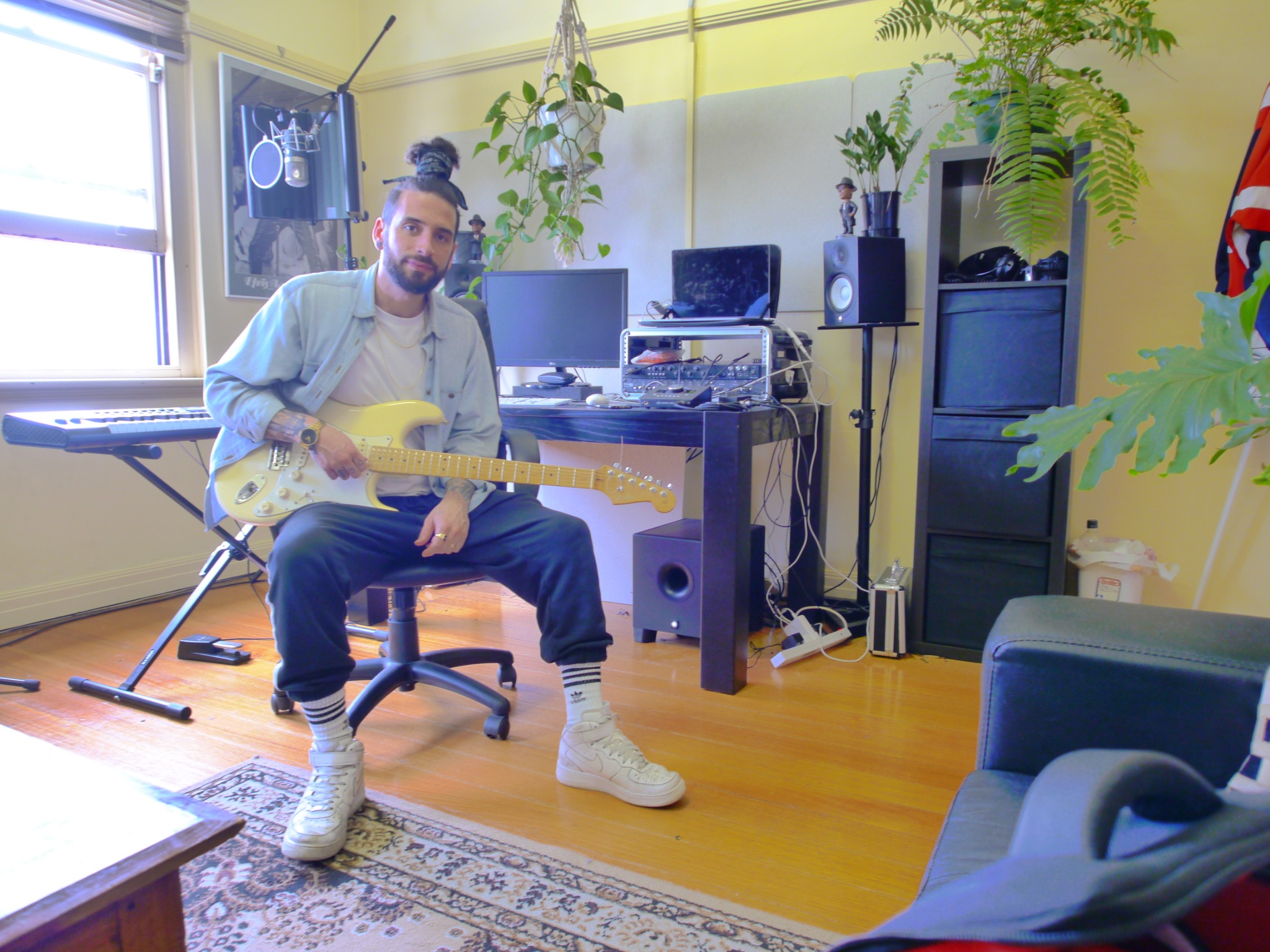 Rob Amoruso Source: Original Image
Rob Amoruso Source: Original Image
Rob found himself in a strange “fantasy land” after Jakübi signed on with Sony.
“I was using a ton of drugs, we were partying and having a good time. Being in LA that’s totally normal, which is really dangerous. I forgot about music and it became more about the image and meeting people, which the label loves, because if they can get you at a party with Drake, then it’s amazing.”
“You start caring too much about winning, and not how you’re going to win. Having something that does good was the objective and not what it was you were making. After all that touring ended about 18 months ago, I had a major nervous breakdown, it drove me to a deep dark depression and I had to hit pause on the band.”
Rob’s music roots trace back to his childhood growing up in a musical family and the church. During his time off from the band he got back in touch with those roots and got back to the path he had once lost himself on.
“The concept of serving got clearer for me, and I started missing music. But I don’t want it to look like it did…so I started thinking of ideas and I started a company called One House Music, which is based around artist development. I wanted to be able to make music but have it have some purpose. So now I get to work with new artists every day and help them in the early stages of what they’re doing and shed light on this super weird, intimidating world when you first get into it.”
Post a comment